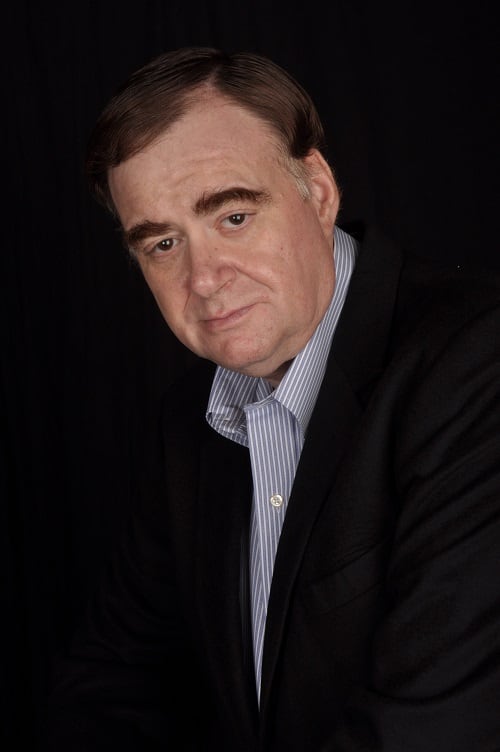Sessions With Francisco Ortigosa
Tuesday, 10 March
-
09:30am - 10:20am (CST) / -
Democratizing Data
Upstream Oil & Gas DigitalizationWith advanced computing power and the increased use of digital technologies, the energy industry’s technical and commercial disciplines are de-siloing and democratizing their data, shaping the energy company of the future. Rallying to the “future is open” call, all levels of an organization—not just IT or data science teams—are enabled to solve problems using open access to data and analytical tools. In the process, traditional corporate structures evolve, and new models of change management are created. How can data-literate individuals add value to corporate decision making? What does data governance and integrity look like in this new reality of “data openness”? What are the benefits of global, industry-wide open data access, including lidar, GHGSat (methane emissions monitoring), and Open Subsurface Data Universe (OSDU)?
- Speakers:
- Kareemah Mohamed
- Francisco Ortigosa
- Bill Vass
- Steve Sliwa

